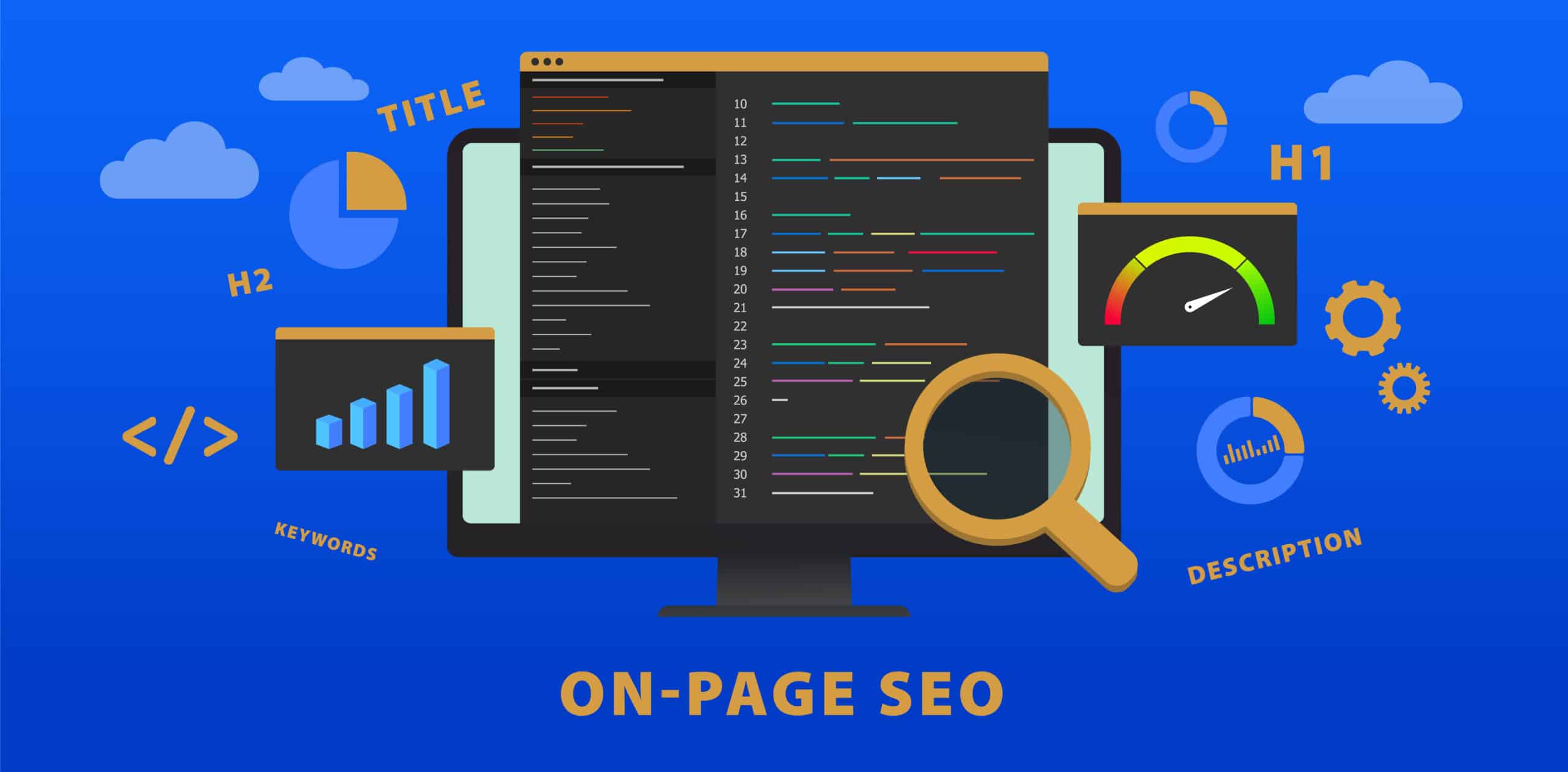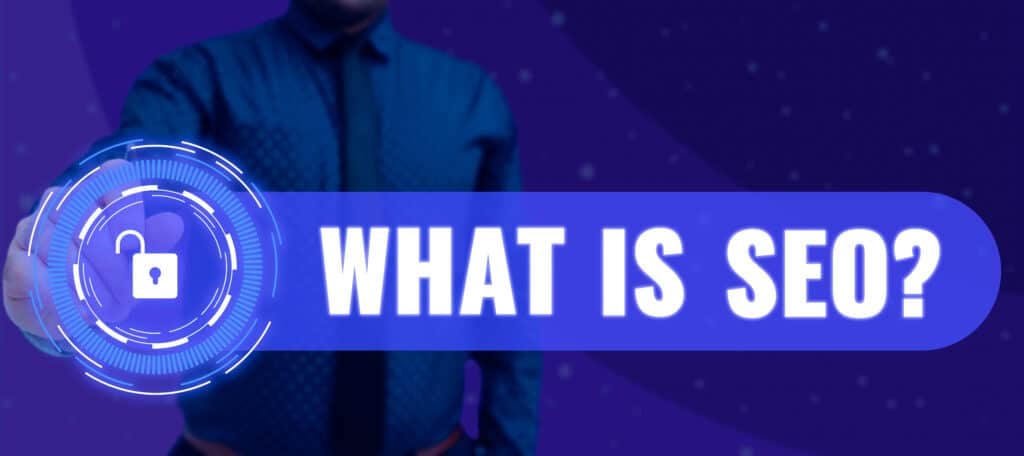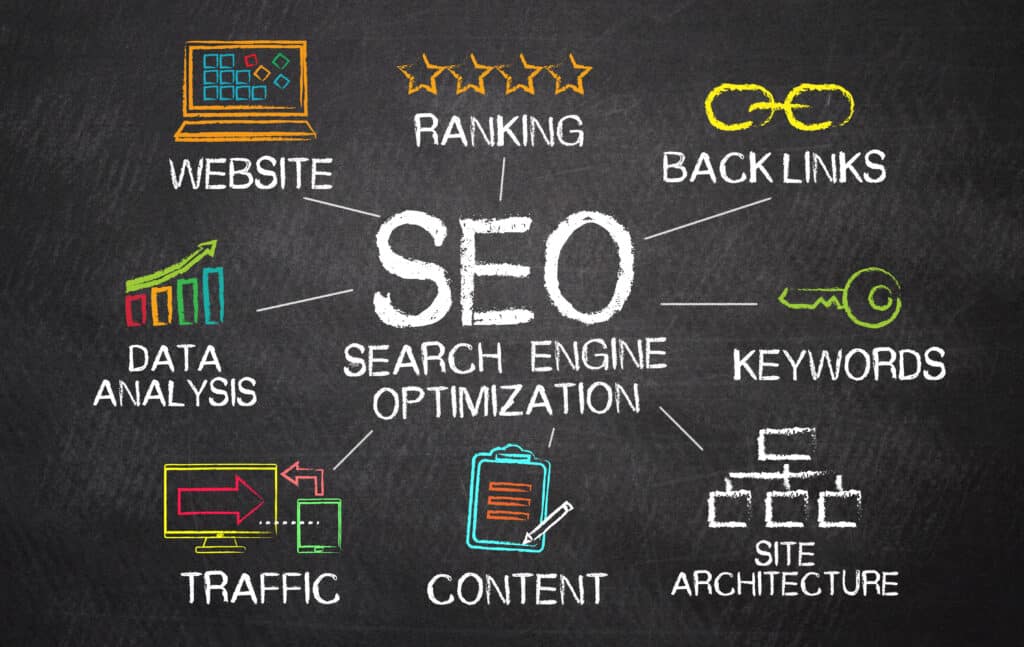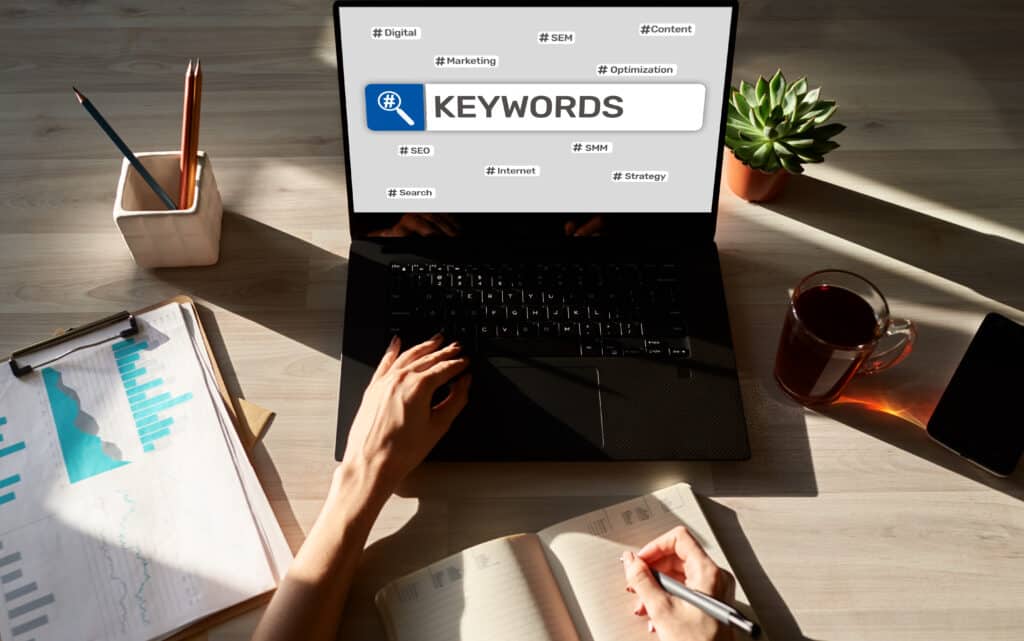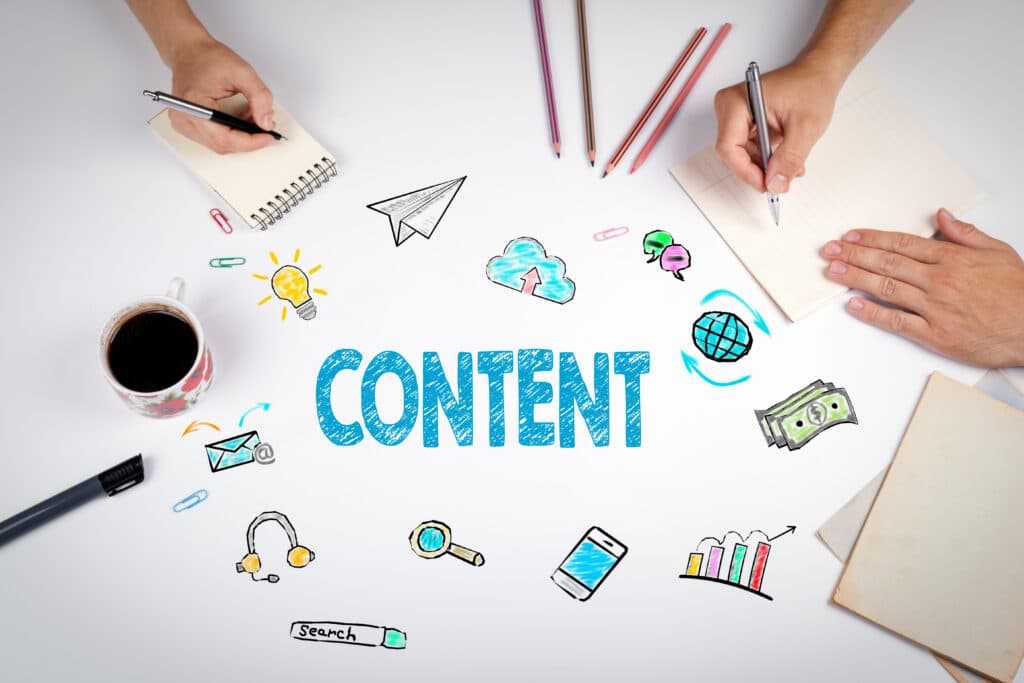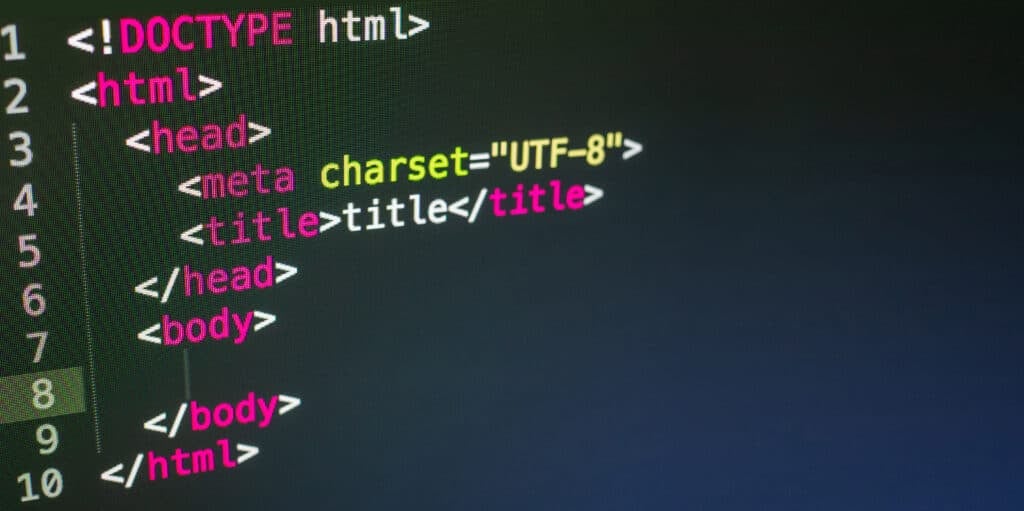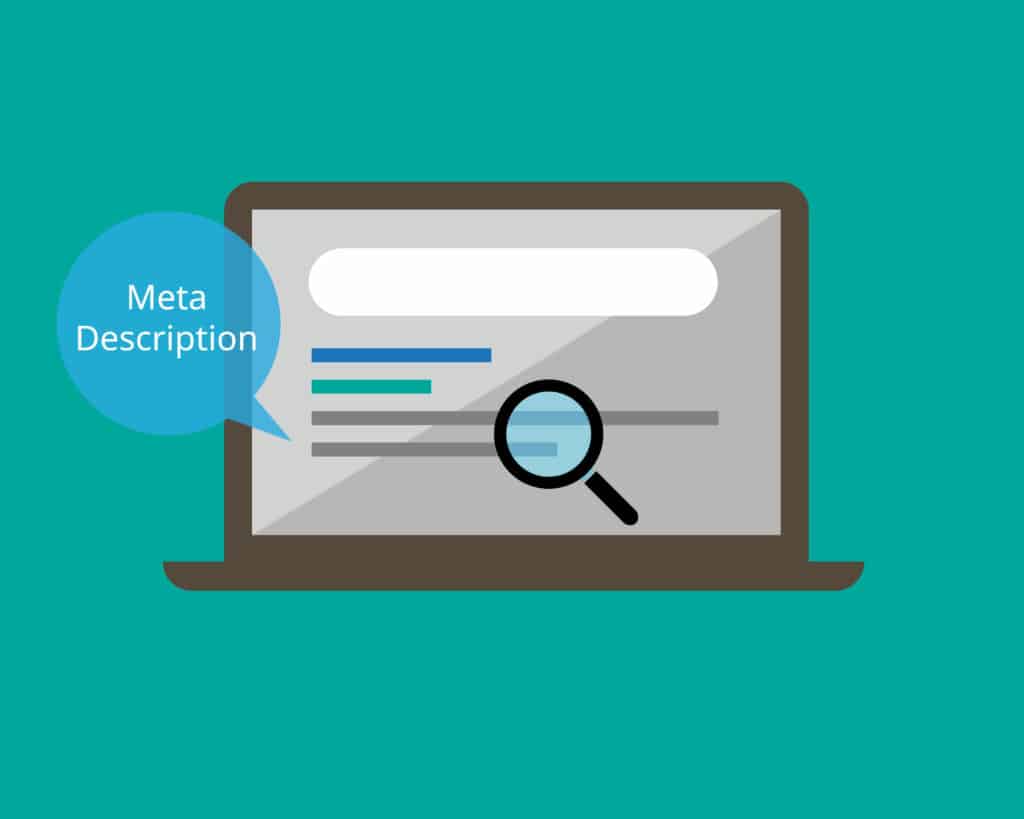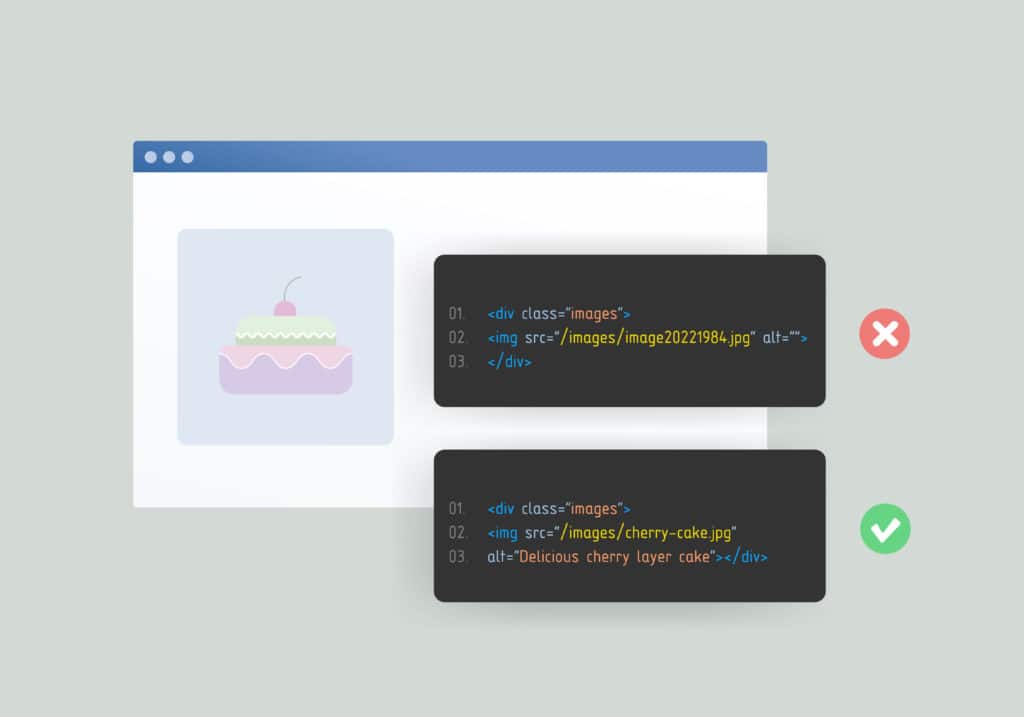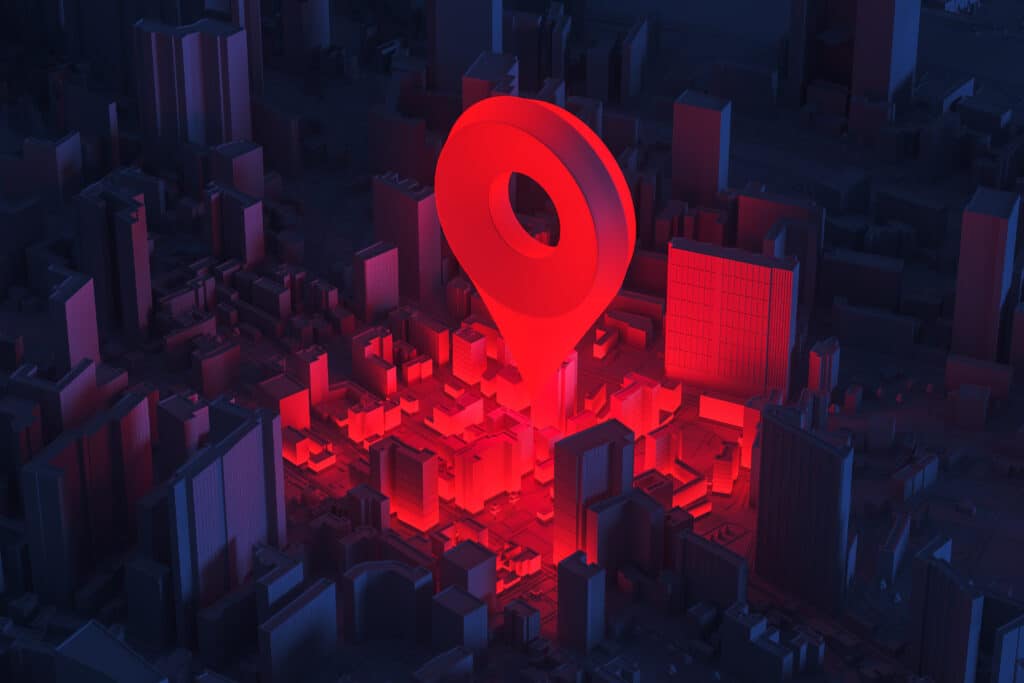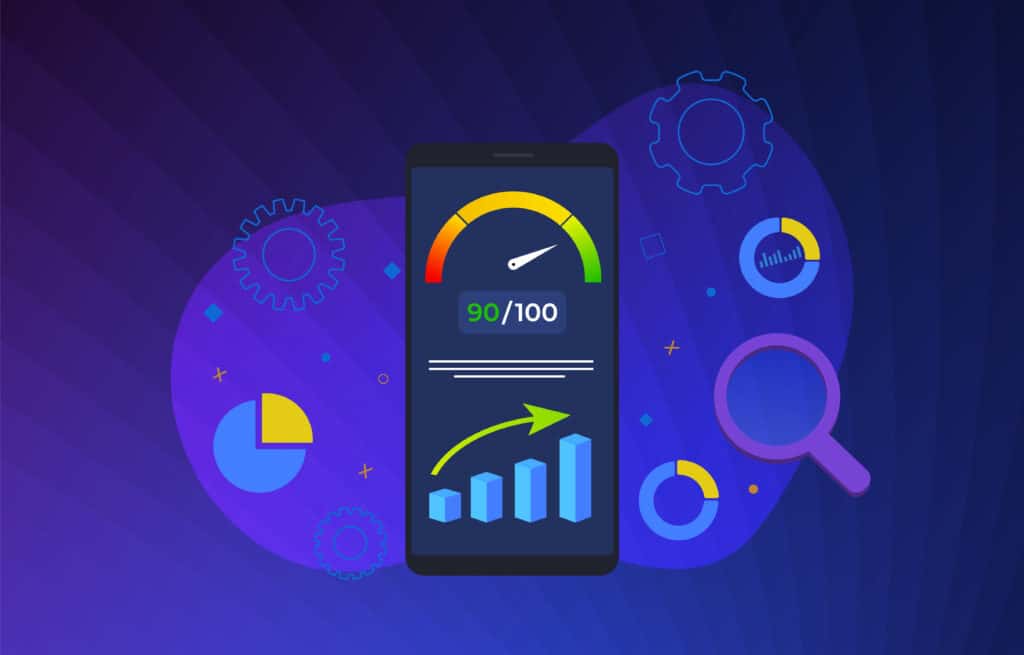On-page SEO is the process of optimizing your website for search engines. One of the most important things you can do to improve your site’s ranking is to ensure your website is well coded and structured.
By improving your site’s metadata, you can also help improve your site’s rank. You can also use off-page SEO techniques to improve your site’s ranking.
You need to know many things about on-page SEO to improve your website’s ranking. Here are 12 things to keep in mind.
What Is SEO?
SEO (Search Engine Optimization) is the practice of improving the visibility and ranking of a website or webpage in search engine results pages (SERP). SEO is essential to online marketing and can help a business achieve higher traffic volumes and increased brand awareness.
Many different techniques can be used to improve SEO, but some of the most common include: creating high-quality content with keyword density, using relevant keywords in title tags, meta descriptions, and on-page elements; optimizing webpages for search engines using keywords and other related terms; hiring a professional services firm to manage your SEO campaign.
Overall, SEO is about creating a well-planned strategy that helps your website rank higher on search engine results pages. By doing this, you’re likely to increase traffic volumes and better branding opportunities.
Why Is SEO Important?
SEO is essential because it helps your website rank higher in search engine results pages (SERPs).
When users type in a keyword they target, your website should appear as one of the top results.
This can improve your site’s visibility and generate more traffic. Additionally, good SEO can help you attract new customers and increase brand awareness.
12 Things You Need To Know About On-Page SEO
1 – E-A-T (expertise, authoritativeness, and trustworthiness)
To succeed with online marketing, it’s essential to understand the different factors contributing to a website’s success.
One of the most critical factors is expertise – or the level of knowledge and understanding of a topic possessed by an individual.
Authoritativeness is another critical factor in online marketing. This refers to the perception that a source – such as a website or an article – is credible and reliable. People tend to trust authoritative sources more than sources that they don’t know or trust.
Finally, trustworthiness is also essential for online marketing success. This refers to the belief that an entity will not deceive or misrepresent itself, which can lead people to act on its advice.
Each factor plays a vital role in web traffic and conversion rates.
2 – Keywords
To optimize your website for search engines, it is essential to include the right keywords in your content.
An excellent way to find keywords is by using Google Keyword Planner.
You can also use keyword research tools like Google Trends and SEMrush to get an idea of a specific keyword’s popularity.
Once you have chosen a few relevant keywords, it’s time to add them to your articles and web pages.
3 – SEO Writing
Many factors can affect a website’s SEO, including on-page Optimization.
Here are some things you need to know about on-page SEO:
1. Title tags are one of the most important on-page SEO elements. They should be unique and keyword-rich and placed at the beginning of each article or page.
2. Meta descriptions should also be keyword-rich and shorter than the TITLE tags but longer than the body content. They should help people determine whether or not to click through to your webpage.
3. Your website’s images must be high-quality and relevant to your keywords.
4 – Visual Assets
Visual Assets Are Essential For On-Page SEO
When you’re creating your website, make sure to include high-quality visuals. This includes images, infographics, and videos. These assets can help increase traffic and improve your ranking in search engines.
Here are a few things to keep in mind when creating visual content:
1. Make sure the images are high quality. Use photos that are well-lit and taken from a good angle. Avoid using blurry or low-quality images that could damage your site’s rankings.
2. Use infographics and diagrams to break down complex topics. These visuals draw attention to your content and help visitors explain complex ideas.
3. Include videos if possible. They can be an effective way to attract attention and build trust with potential customers.
5 – Title Tags
Title tags are one of the essential pieces of on-page SEO. Without them, your site might not show up in search engines.
Here are some things to keep in mind when titling your pages:
1. Make sure your title tags are keyword rich. Include at least 2 to 3 keywords in each title tag.
2. Don’t overdo it. Just because you have many keywords doesn’t mean you should use them all in your title tags. Try to keep titles under 30 characters and ensure they’re easy to read on a small screen (like a phone or tablet).
3. Use an active voice and avoid clichés. For example, “The Best SEO Tips For Businesses” isn’t exciting, while “How To Optimize Your Site For SEO” is much better.
6 – Meta Description
Meta descriptions are the first thing that users see when they click on a link.
They are also the first thing that Google sees. A well-written meta description can help you rank higher in search engines, so paying attention to them is essential.
Here are some things to keep in mind when writing your meta description:
1. Don’t be too long or wordy. Keep it under 70 characters and focus on describing your page’s content rather than promoting your site.
2. Use relevant keywords. Make sure that your meta Descriptions include keywords that people might be searching for when they click on your link. Try using phrases like “how to” or “product overview.”
3. Be strategic with your keyword selections.
7 – Image Optimization
Image optimization is an integral part of on-page SEO. Image files must be optimized for the web, using specific file types and dimensions that help improve loading times and ranking in search engine results pages (SERPs).
Here are a few things you need to know about image optimization:
1. Always use a “.jpg” file type for images. This is the most common format used on the web and supports the widest range of browsers.
2. Use a standard image size. Opt for an image size 300 pixels wide by 500 pixels high to avoid skimming or to scale down your images.
3. Use compression wisely. Don’t overuse compression algorithms; they can reduce image quality and impact loading times.
8 – Geotagging
Geotagging is one of the most important on-page SEO techniques you can use. Adding location data to your content can improve your ranking in search engines and draw in more readers.
There are a few things you need to know before you start geotagging your content. First, ensure your website supports geotagging and add the necessary tags to your photos or posts.
Once you’ve added the tags, make sure each post has a unique location identifier. This will help Google associate your content with specific locations, improving your ranking in search results.
Geotagging can also help your audience find your content more easily. If you have posts about local businesses or events, adding location data will make it easier for people to find them.
9 – Site Speed
In the age of the internet, site speed is a critical factor in attracting and keeping web visitors.
Here are three things you need to know about on-page SEO and how they affect site speed:
1. On-page SEO affects the speed of your website by increasing the number of requests your pages can make from search engines without slowing down the user experience.
2. How you structure your content can also impact how quickly your pages load. For example, using title tags and Meta descriptions optimized for search engines will help ensure that viewers rapidly find your content.
3. Images can also affect site speed, as large files can significantly slow page loading times. Carefully selecting which images to use and avoiding excessive file size will help keep your site running smoothly.
10 – Responsive Design
Responsive design is quickly becoming a necessary tool for any webmaster.
Here are a few things you need to know about on-page SEO when implementing responsive design:
1. Always use relevant keywords in your content titles and the meta descriptions of your pages.
2. Make sure images are scaled up to fit screens of all sizes.
3. Use media queries to control your site’s appearance on different devices, from phones to desktops to laptops.
4. Make sure all scripts and CSS files are minified and compressed for faster loading times on mobile devices.
5. Use HTTPS whenever possible to secure your pages against potential attacks.
6. Always test your responsive designs on real devices before publishing them live!
11 – URL Structure
URL structure is one of the most critical factors in on-page SEO. A URL should be easy to remember and structured in a way that makes it easy to rank for specific keywords.
Here are some things you need to know about URL structure:
1) The domain name should be the first part of a URL.
2) The second part of a URL is the file name.
3) The third part of a URL is the extension.
4) The fourth part of a URL is the query string.
12 – Links
Link building is one of the most important aspects of on-page SEO. It allows you to rank higher in search engine results pages (SERPs).
There are a few different ways to build links, but the most common is through article marketing, Guest Posting, and Link Building campaigns.
The best way to measure your success with link building is by looking at the number of backlinks you have from high-quality websites.
Be sure to use keywords in your links whenever possible, and ensure that your link text is exciting and accurately reflects the content on the other website.
You also need to be careful about how you use images on your website. If they’re not correctly optimized for search engines, they can hurt your link-building efforts.
Conclusion
On-page SEO is essential to your website’s success. Optimizing your pages for search engines can ensure a higher ranking in the search results and attract more visitors. So make sure to take the time to optimize your pages for maximum visibility!
